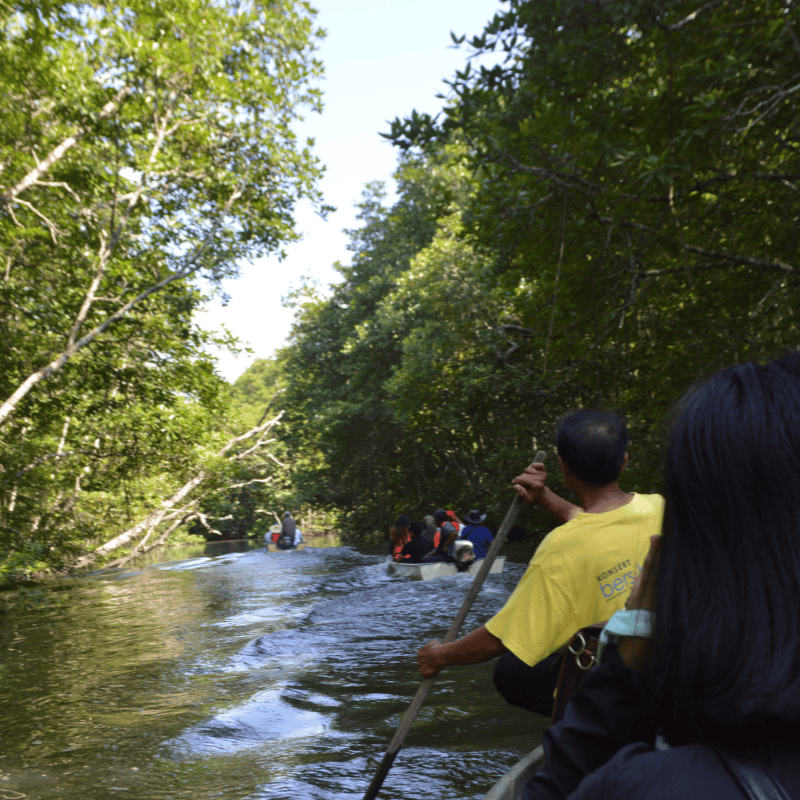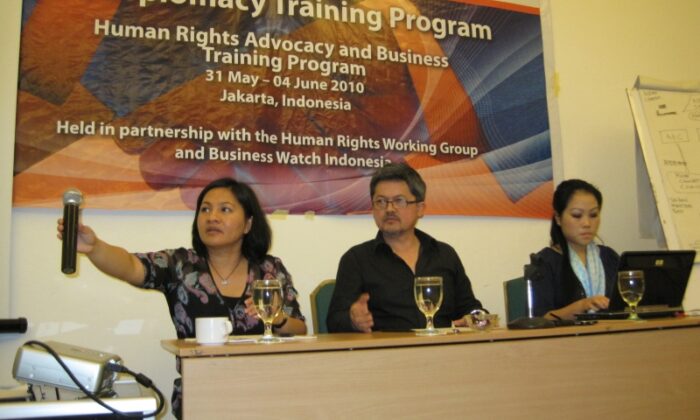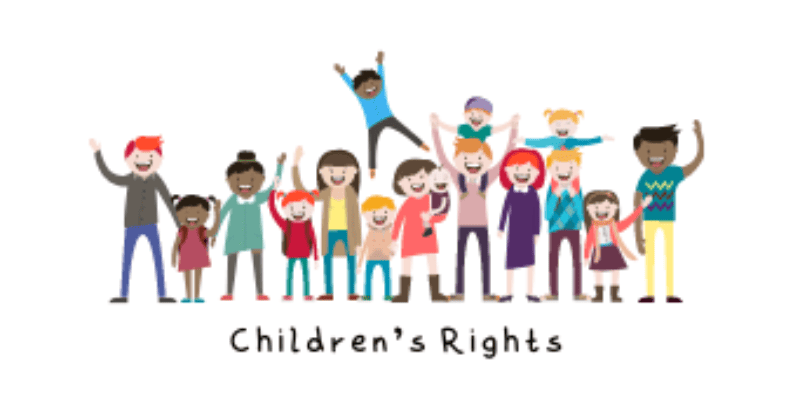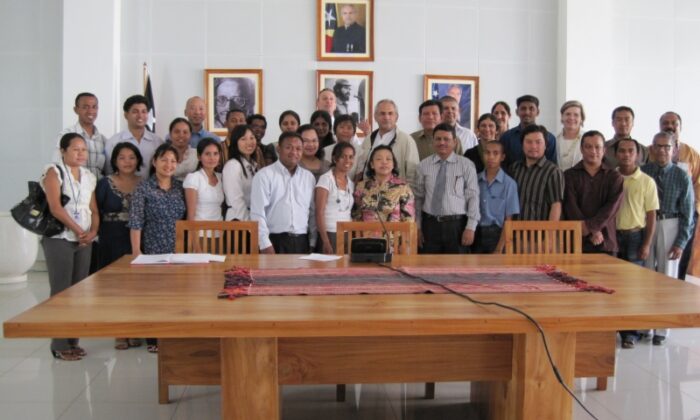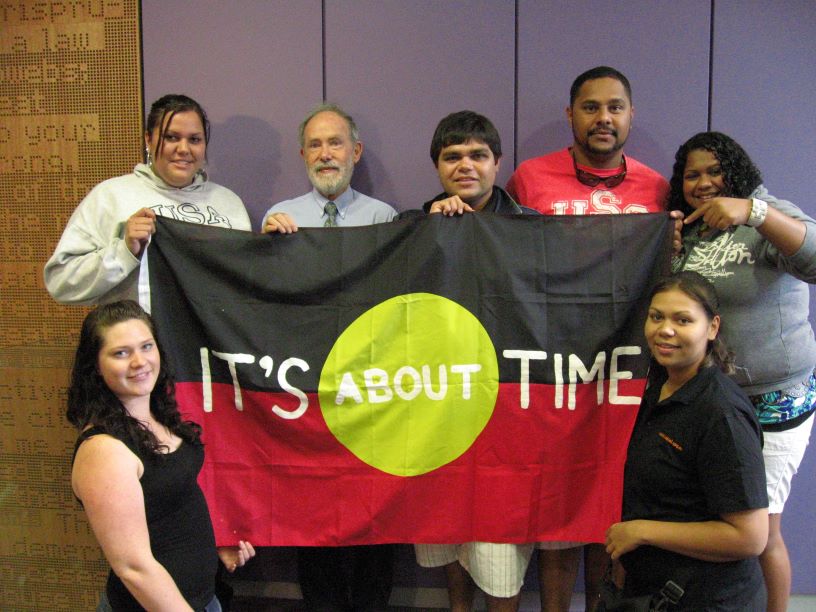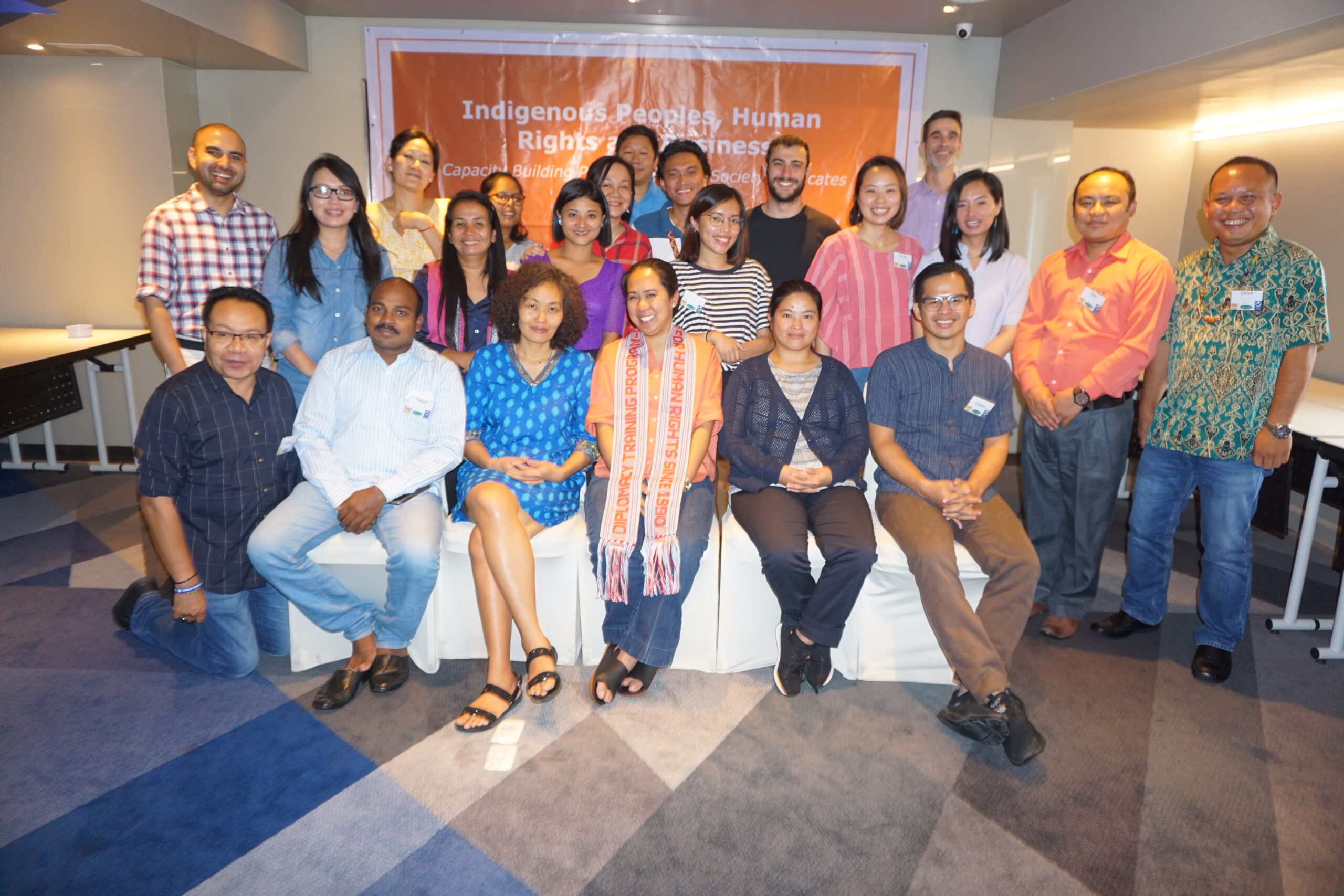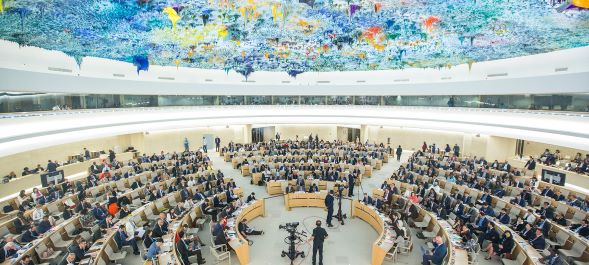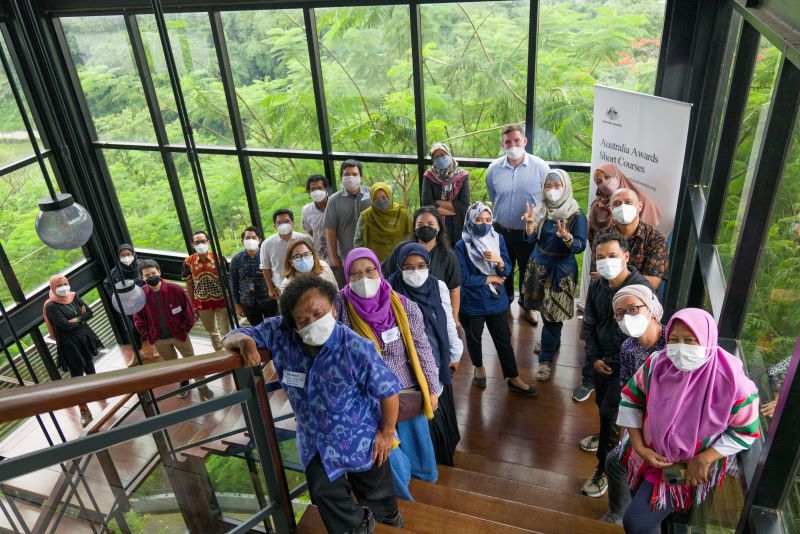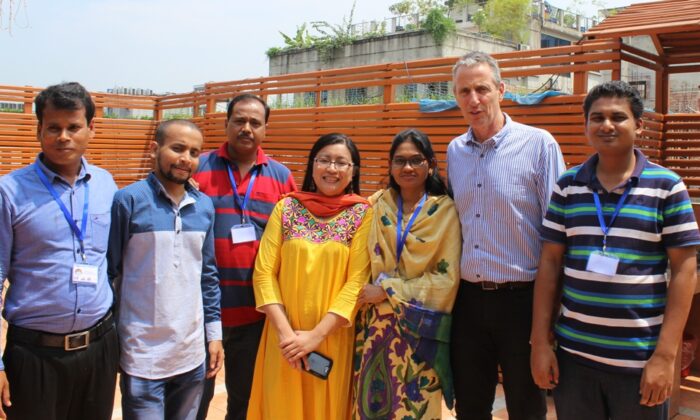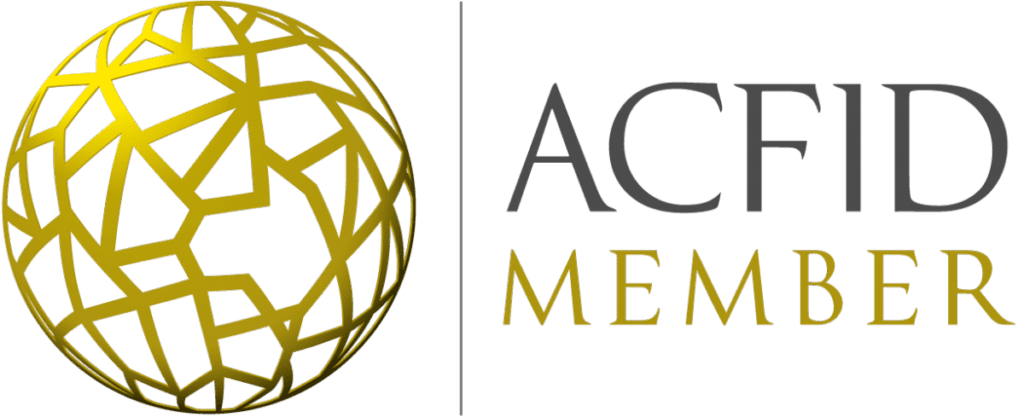Training
DTP has over 30 years of experience developing and delivering practical human rights advocacy training programs, building the knowledge, skills and networks of human rights defenders and advocates. DTP’s teaching methodology is participatory, based on respect for the knowledge, skills and perspectives that participants bring to the program – and the value of enabling these to be shared.
Upcoming Programs and Events
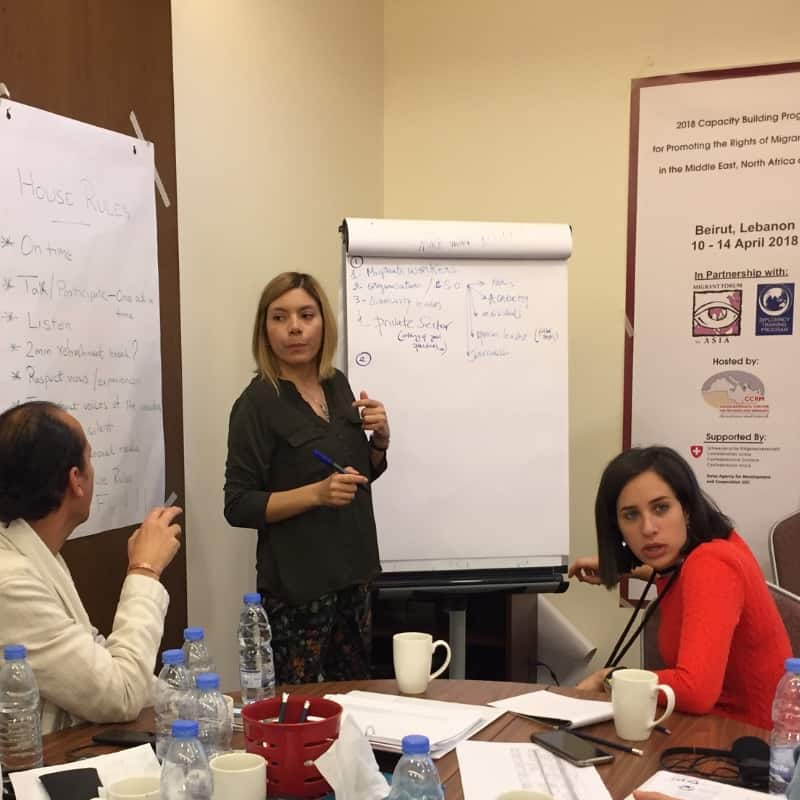
28 - 30 May, 2024 (TBC)
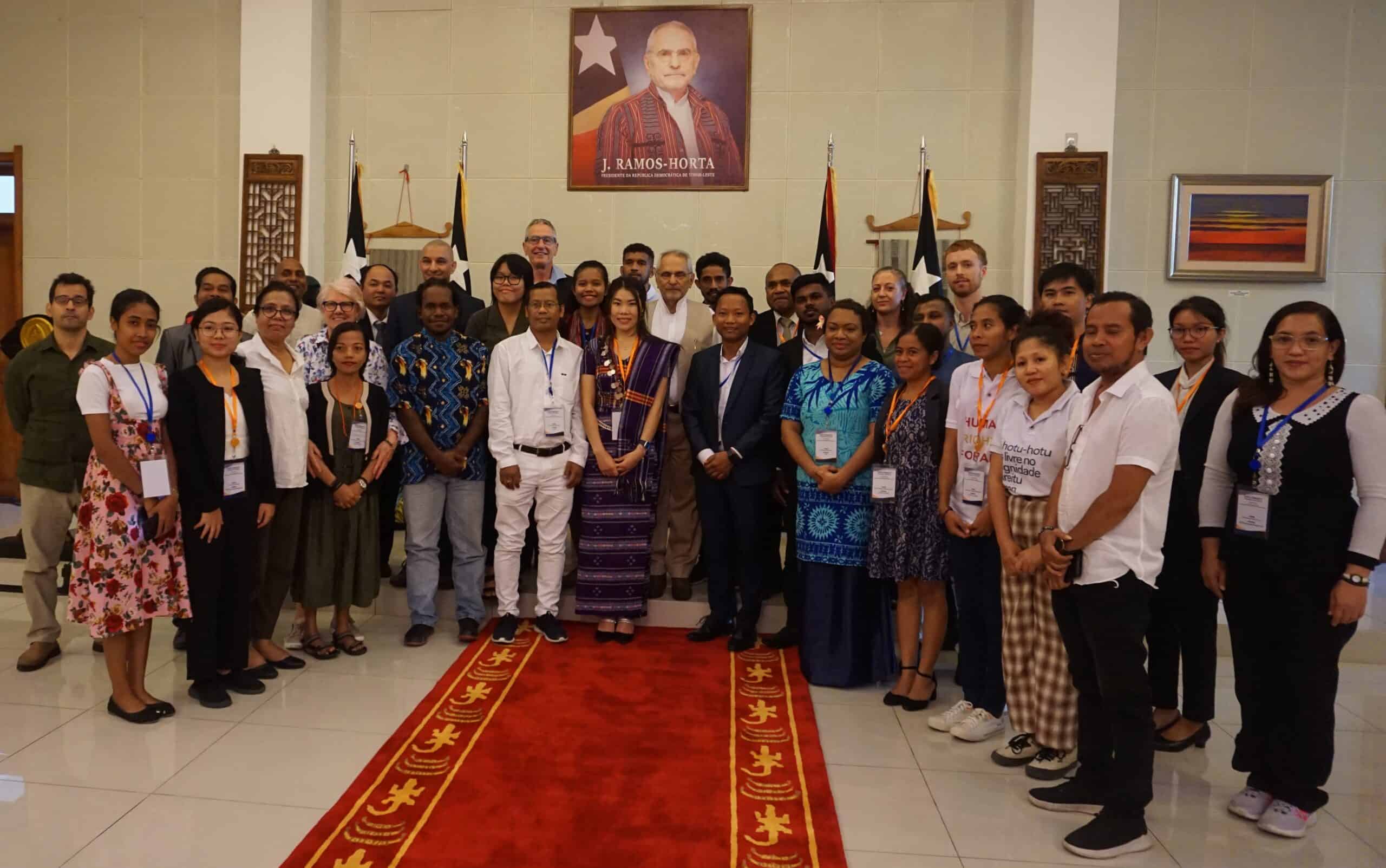
12 - 23 August, 2024
The DTP training encouraged me to have the strength to be brave.
Nasrikah Paidin, Malaysia
Who does DTP train?
DTP focuses on building the capacity of human rights defenders and Indigenous community advocates in civil society. DTP’s participants work for a wide range of human rights across the Asia Pacific and MENA region. They have a wide range of knowledge and experience.
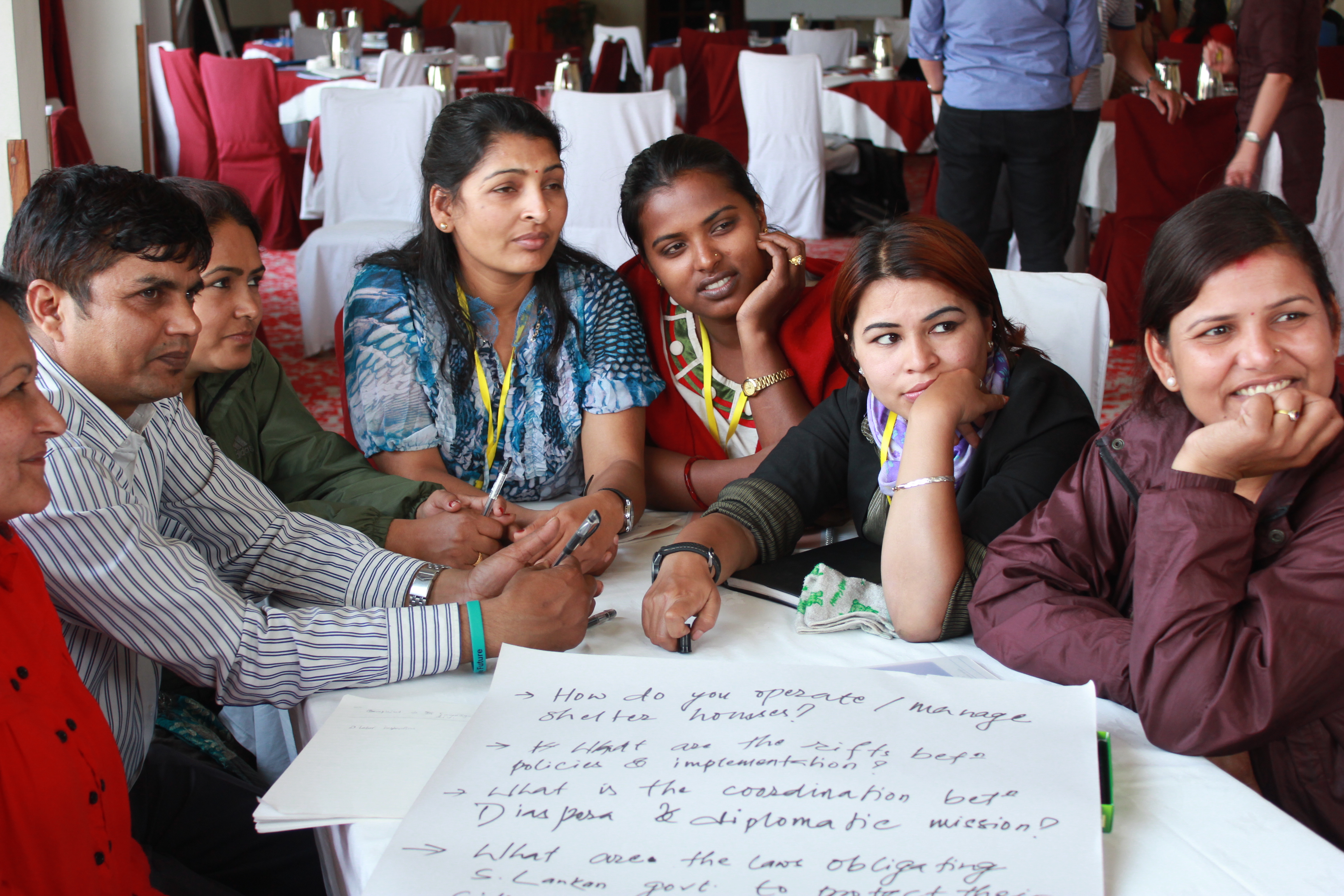
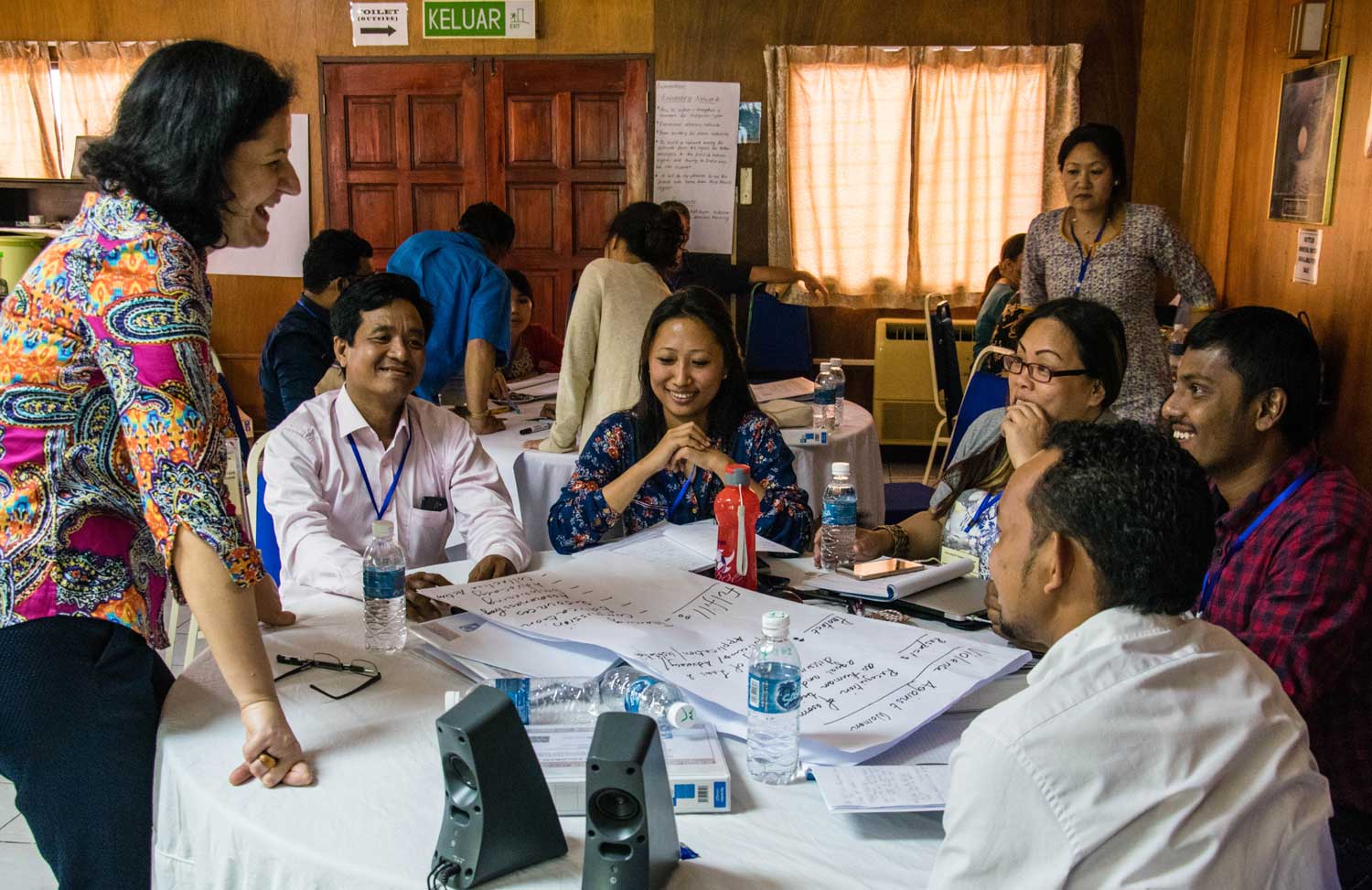
What does DTP train?
DTP’s courses help build the knowledge and skills for strategic human rights advocacy. Course content usually includes international human rights standards, the UN human rights system and different approaches to advocacy. DTP has developed specialised programs on Indigenous peoples rights, the rights of migrant workers, business and human rights, and children’s rights.
DTP also responds to specific needs by developing specialised programs like human rights in Myanmar. If you have a suggestion for a program that would be useful, please get in touch here.
How does DTP train?
DTP’s participatory methodology means no two courses are the same. Each is adapted to meet the needs and demands of the particpants. DTP has a deep respect for the knowledge and experience that participants bring to the programs. There is an emphasis on group work, role plays, scenarios and exercises. DTP’s trainers are experienced practitioners and academics – and include DTP alumni. DTP’s courses are usually residential taking place over 5 days–3 weeks.
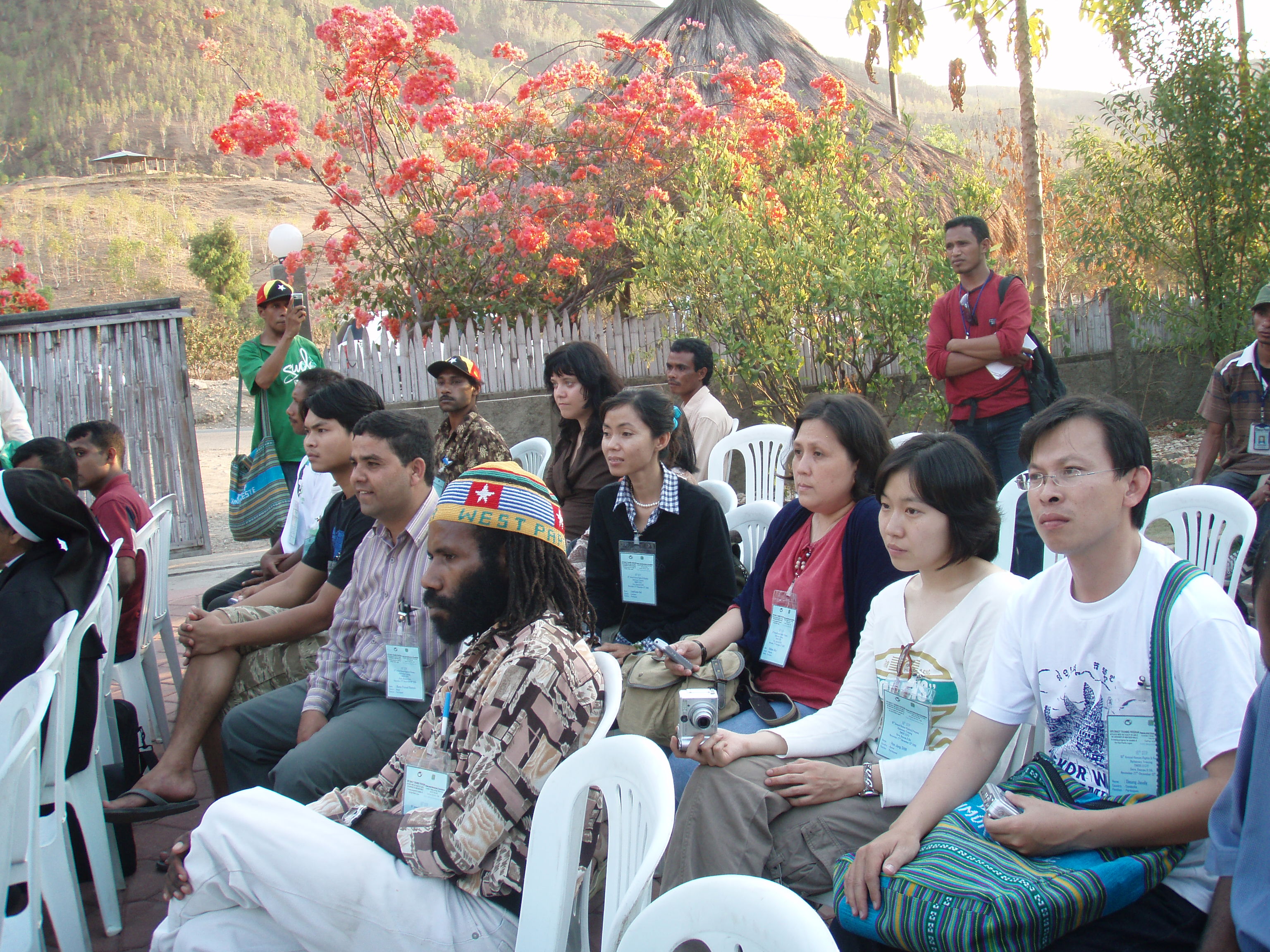
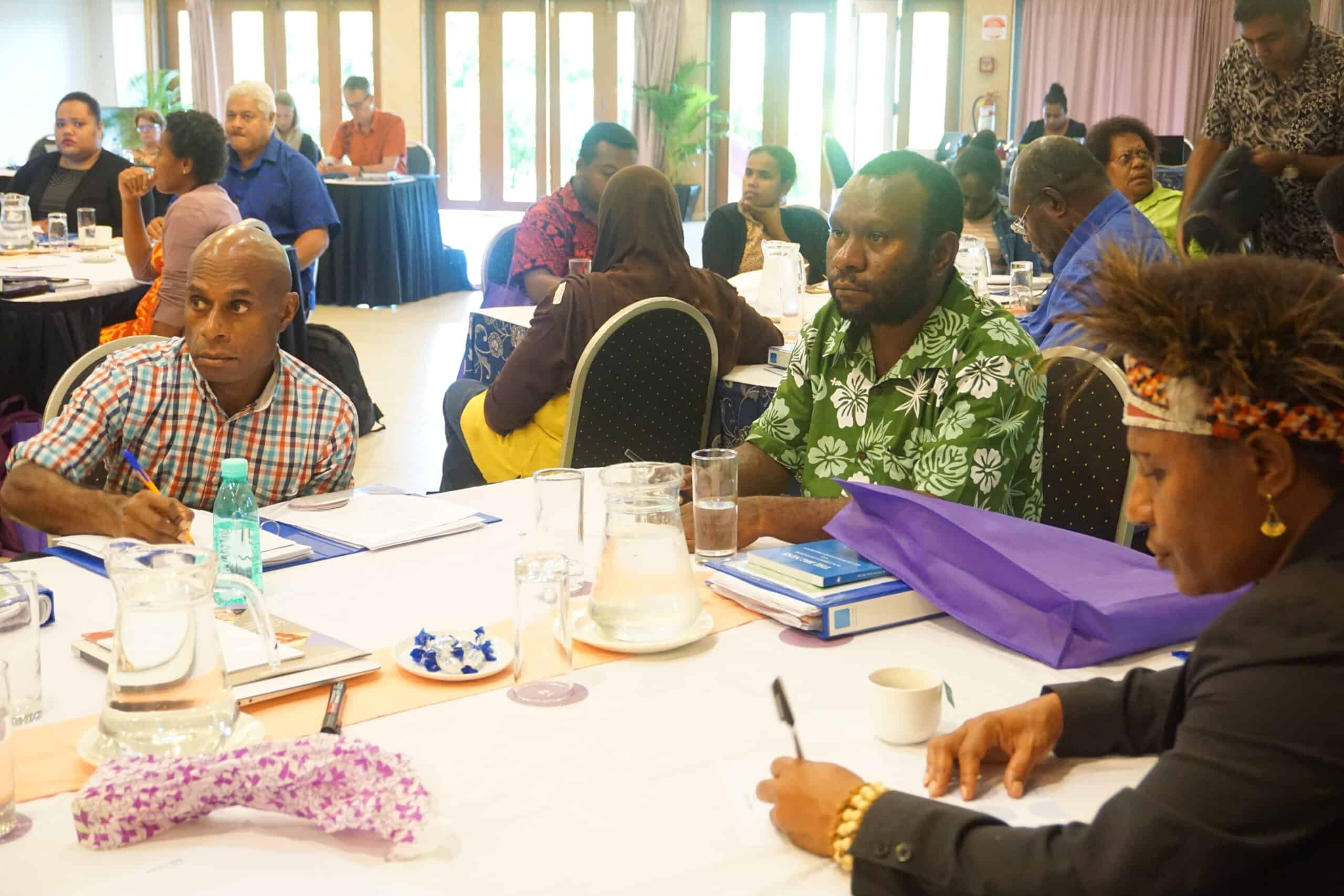
Where does DTP train?
DTP’s programs have been held across Australia, the Pacific, Asia and the Middle East. DTP works with local partners to deliver training where it is needed. It has held programs in Fiji, PNG, New Zealand, Bangladesh, Cambodia, Malaysia, Nepal, India, Sri Lanka, Thailand, Timor-Leste, Lebanon, Kuwait and Qatar.
The DTP training program has been one of the most consistent and sustainable that I have participated in… it makes a truly long-lasting impact on the participants.
Professor Virginia Dandan, Trainer
Training programs and events by theme
The links below provide outlines for the main thematic areas that we cover in our regular training program. DTP has developed specialised training resources to accompany each program theme, these can be found at the following links.
The training was interesting, and it was instrumental, we were taught about forced labour, child labour, discrimination of women and children, ILO Convention 169 on Indigenous Peoples among other issues. Thee training was useful to introduce me to international mechanisms.
Anne Drong, Bangladesh

